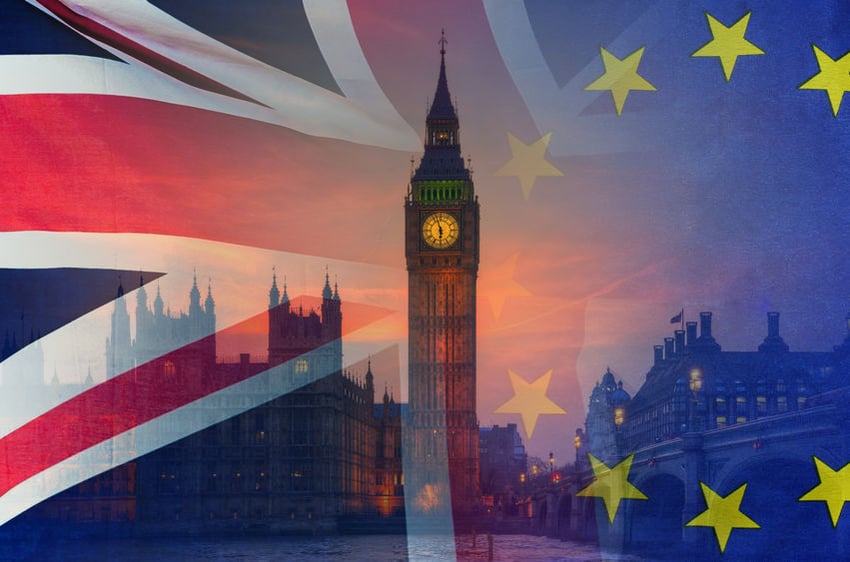News
EU-UK trade after Brexit: 7 things you need to do
Stephen Bruton |
After nearly five years of intense discussion, Brexit is finally here. The time for talk is over, and as an EU-based company trading with the UK (or vice versa), you’ll need to take action to keep your operations running smoothly. One of your main priorities will be preparing for new rules – and costs – for importing and exporting goods, as well as managing VAT. The good news is that, with a little preparation, you can keep things moving and avoid any unpleasant surprises. Here are seven things you can take care of today:
1. Know the implications for your business
First things first, you need to understand your exposure to Brexit. As a business based in the Netherlands, this means looking at your UK clients and/or suppliers to understand their status, for example the UK VAT status of smaller customers. If you haven’t done so already, make sure your client and supplier information is fully up to date in your ERP and booking systems.2. Obtain an active EORI number
From January 1, 2021, companies on both sides of the water will need an EORI (‘Economic Operators Registration and Identification’) number to move goods between the EU and the UK. You will need to apply at least a week in advance of shipping or receiving goods. This EU website provides detailed information on the application process; or simply contact your VAT advisor.3. Check Incoterms with customers/suppliers
Incoterms (‘International Commercial Terms’) are a series of agreements between customers and suppliers regarding goods transported between countries. They stipulate which party is responsible for paying the cost of import duties, as well as costs for shipping and insuring goods. By clarifying these details up front, you can avoid potential disputes further down the line.4. Use a UK VAT advisor (for EU firms)
One of the biggest uncertainties for Dutch and other EU firms trading with the UK are the new arrangements that need to be made for VAT. Among other things, your requirements will depend on your customers’ revenues – i.e. whether they earn above the £85,000 (€93,000) annual VAT threshold. For peace of mind, you can appoint a UK-based VAT advisor who will be able to answer your questions and help to make any necessary arrangements.5. Use a Dutch VAT representative (for UK firms)
UK clients facing new VAT requirements when trading with (or through) the Netherlands have the option of contracting a local VAT representative to help them manage the process. As well as helping to ensure compliance with Dutch VAT rules and regulations, a representative can support the application for an Article 23 import license, which allows the seller to defer VAT payment upon importation. Bol International offers expert VAT representation for clients from the United States and other non-EU markets.6. Understand the requirements on online marketplaces
As a Dutch or EU vendor, you may well make use of online retail platforms in the UK such as Amazon UK or eBay. Check the small print with the specific platform you are using. For example, if using Amazon UK, your customers may be VAT registered, and you may need to agree Incoterms in advance. In contrast, Amazon Marketplace caters to individuals, so other conditions may apply. Check the platform’s vendor website for specific guidance.7. Keep calm and carry on
As a former UK prime minister used to say, “Brexit means Brexit.” The sooner you accept this new development as business as usual, the better. By being prepared and by understanding your responsibilities and the steps you need to take, there’s really nothing to worry about. Bol International can provide support with any questions or concerns relating to Brexit and can help you make arrangements for your business – contact a member of our team today to see how we can help you.
Tags

Stephen Bruton


